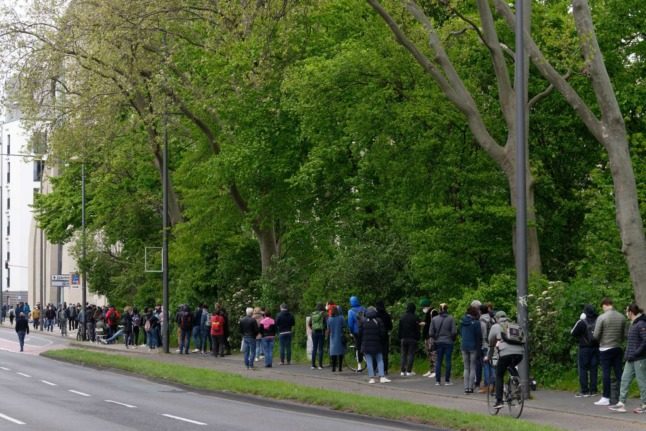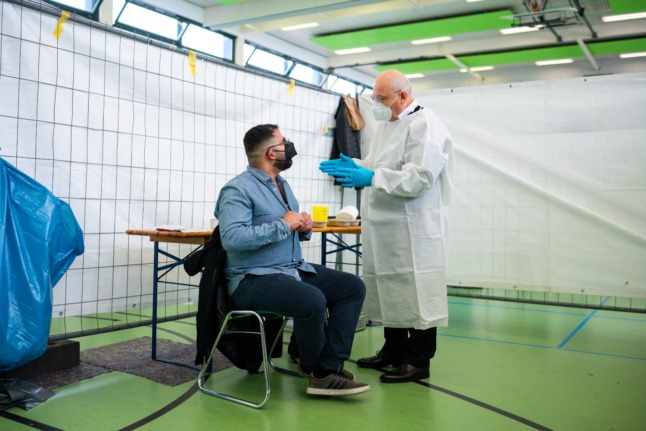Bernd Hallebach, who lives in the city of Mönchengladbach, discovered the spider on Saturday morning, reported local newspaper RP Online on Tuesday.
“I'm quite robust, but that shocked me,” he said.
The encounter with the eight-legged animal was so unexpected that Hallebach almost picked it up along with his mail. The idea of it now makes him shudder.
“I was never afraid of spiders…but I am now,” Hallebach said.
He later learned that the spider can sting or bite its opponent when it feels attacked or irritated. Fortunately for Hallebach, he did not come into contact with the insect.
Hallebach had no idea who put the spider in his mailbox, and why they did it.
He wanted to report it to the police, because he viewed it as an offence against the protection of species law, and as attempted bodily harm.
However Hallebach claims he was told by police that putting a spider in someone's mailbox was not a criminal offence. The police were unable to trace the case on Monday, RP Online said.
Luckily, the fire brigade caught the spider. They put the animal in a cardboard box and transported it to the nearby Hannen Zoo Centre, which cares for animals.
A special type of spider
The tarantula is currently there in a terrarium. Ulrich Hannen and Catharina Klein, the centre's staff members who have been monitoring the spider, say it is doing well, despite the hours spent in the mailbox.
Tarantulas comprise a group of large and often hairy arachnids belonging to the Theraphosidae family of spiders, of which about 900 species have been identified.
Experts said that the spider is a red knee tarantula, which usually inhabits the pacific mountains of Mexico. It is an endangered species, but is often exported around the world and traded.
This spider is most well known for its hairy body and the red bands on its legs. It reportedly has a bite that could hurt a human but wouldn’t be harmful.
However, it could be particularly dangerous for allergy sufferers. “This is similar to a wasp or bee sting,” said Klein.
Zoo centre workers said the spider in question appeared to be a peaceful insect.
Meanwhile, the cruel joke of leaving a tarantula in a mailbox is something staff hadn’t come across before.
“I’ve only seen this as a television joke with a hidden camera when they put a tarantula in your car,” said Klein.





 Please whitelist us to continue reading.
Please whitelist us to continue reading.
Member comments